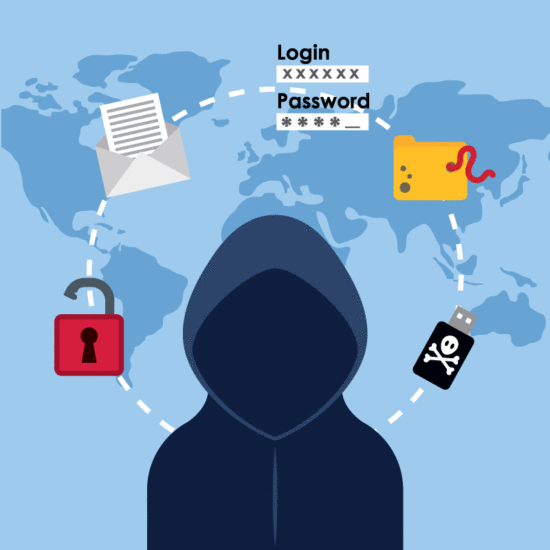
How to Protect Your Identity
1. Don’t Give out Any Information
When I say anything, I mean anything sensitive. Social security numbers, bank accounts, card numbers, and addresses. This type of information should not be shared with anyone you don’t know.
If you have someone call you or email you and they ask for anything like this, hang up the phone and delete the email.
You cannot believe the number of people that fall for scammers like this. Some of them try to bait you saying your information has been stolen or you have debt that has gone to collections and they need money. If you weren’t expecting the call or the email, don’t respond and don’t give them anything.
2. Don’t Carry your Social Security Card
You don’t need this with you. There are times when you need your number, and that is something that you should have memorized. Sure, there are times when you need a second form of ID, but you should know this in advance and can get it at that point. Don’t carry it everywhere.
3. Keep Proper Records
Keep and file only necessary information. Year-end statements, tax returns, and openings and closing of new accounts should be kept. Anything else you receive that you don’t need should be shredded.
If you keep paper files, get a lockable file cabinet or a safe. If you store everything online, use a complex password.
4. Secure your Technology
A complex password includes at least 8 characters, upper case and lower case letters, numbers and special characters. Have at least one back-up in case your computer dies. Don’t reuse the same password for multiple sites and accounts.
Make sure your devices are secure. Require a passcode to unlock, and use device encryption if you are able to.
Another great way to protect your logins and devices is to use two-layer authentication. Most large technology companies are using this. You first sign in using your username and your [complex] password. The website or program will then send you a code, usually six digits. You will then enter that code to complete the authentication process.
5. Monitor Accounts
Sign in to your various accounts (credit cards, bank accounts, and mortgage lenders) where bills and such are paid. Monitor the activity in your account frequently. If something doesn’t look right, call the company and get an explanation.
6. Set Alerts
You can set up fraud alerts with the three credit reporting agencies. You can also set alerts on your credit card accounts and bank accounts. This is an easy way to keep you up to date with your sensitive information.
Conclusion
There is vital information that we need to keep private for us to live our lives. Social security numbers, card numbers, and bank accounts are all key pieces of information that we need and use every day. If any of these are compromised, it begins a long process requiring time, energy, and sometimes money to repair the damage. Using these tips to keep your data private should give you some piece of mind.
Join the discussion about Equifax in the Saving Advice forums.
Photo: Debt.org

Jacob G. Sensiba is a third generation Registered Representative/Investment Advisor Representative at CRG Financial Services, Inc., Having grown up surrounded by wealth management. He is a licensed Registered Representative for the states of Wisconsin, Nebraska, Arizona, and Virginia. He is a licensed Investment Advisor Representative for Wisconsin. Jacob is a husband, father and self-confessed finance nerd. In spare time he enjoys family, golf, travel and personal finance.
You can also read his other articles at The Free Financial Advisor
Comments